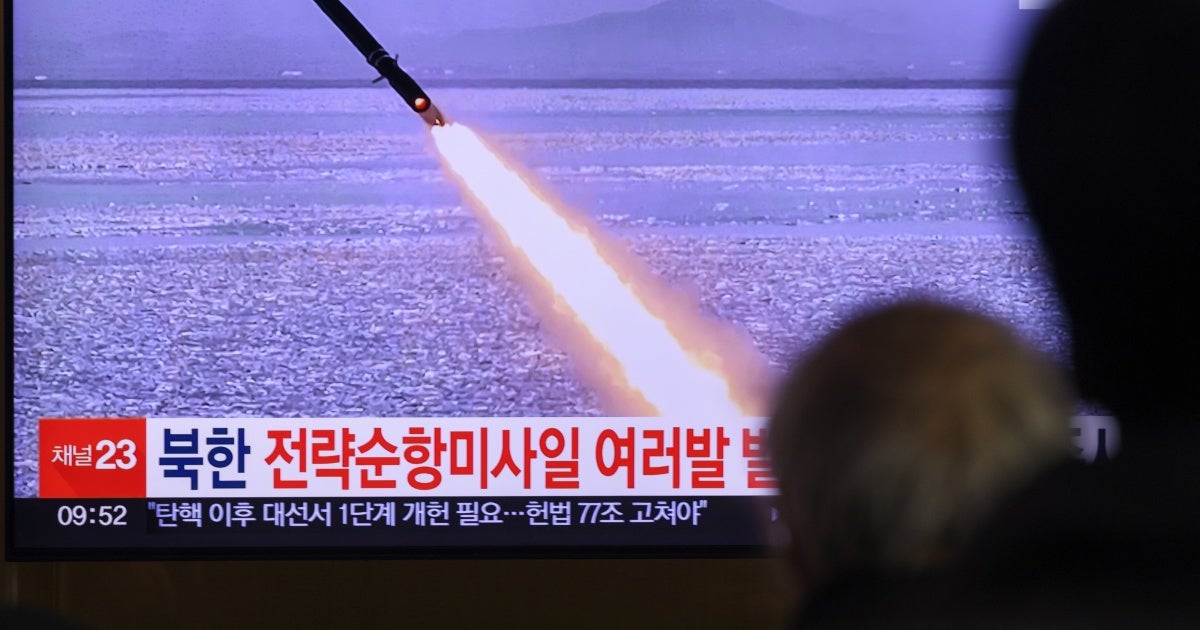UN Assembly Urged to Address North Korea
The United Nations General Assembly should establish a new body to examine the connections between the North Korean government's repressive system and its military programs and nuclear weapons development, Human Rights Watch said today.
On May 20, the General Assembly will hold a special high-level plenary session on North Korea. In the December 2024 resolution calling for the special session, the General Assembly stressed that the country's grave human rights situation is linked to its weapons programs, highlighting the impacts of the government's mass diversion of resources to the military and its severe repression of the population, which has enabled the mobilization of forced labor to support military programs crucial for the development and production of nuclear weapons.
"The UN General Assembly needs to step up pressure on North Korea since the Security Council remains deadlocked," said John Sifton, Asia advocacy director at Human Rights Watch. "Maintaining scrutiny of North Korea's human rights record and its weapons programs will help ensure that future diplomatic negotiations and UN discussions on North Korea will address both issues together, and not just focus on nuclear proliferation and sanctions compliance."
More than 10 years have passed since a historic UN Commission of Inquiry on North Korea-after documenting extensive crimes against humanity and other serious violations-recommended that the Security Council refer North Korea to the International Criminal Court. The General Assembly transmitted that report to the Security Council in 2014.
While the Security Council met in 2015 to debate North Korea's human rights situation and has held a handful of debates since, including one in June 2024, it has failed to produce any meaningful actions or resolutions. Over the same period, North Korea's human rights situation has only grown worse.
High-level plenary meetings of the General Assembly such as the one on North Korea are not common. They often include the participation of heads of state, ministers, as well as ambassadors, and are a means of spotlighting major global issues.
At the upcoming General Assembly session, UN member states should consider options for a standing UN body-staffed by experts in international human rights and humanitarian law, weapons proliferation, and sanctions-to better document how North Korea's systemic rights violations increasingly threaten peace and security, not just on the Korean peninsula but worldwide. Focus areas could include the North Korean government's extensive use of forced labor, unregulated arms exports to abusive governments, and the humanitarian impacts on North Korea's people of the diversion of resources from social services to support the government's weapons programs.
A standing body to examine and report on information about human rights abuses and their links to security issues and weapons proliferation could also contribute to future accountability for serious abuses, Human Rights Watch said. Additionally, it could provide reporting on the humanitarian impact of sanctions on North Korea and recommendations for sanctions compliance and human rights monitoring.
"Concerned governments need to send high-level officials to the May 20 plenary to offer specific ideas on how the General Assembly can better hold North Korea accountable by documenting the links between North Korea's rights abuses and its weapons programs," Sifton said. "The North Korean people deserve more than ritualistic recitations of statements of concern."
https://www.hrw.org/news/2025/05/18/un-general-assembly-should-act-north-korea
View Original | AusPol.co Disclaimer
